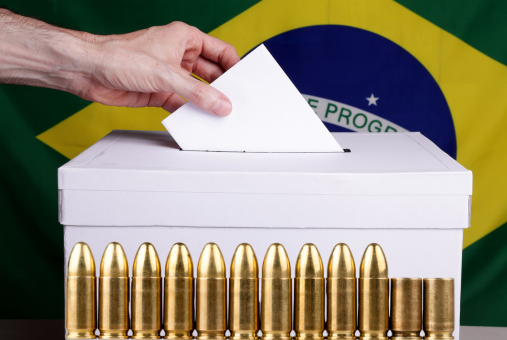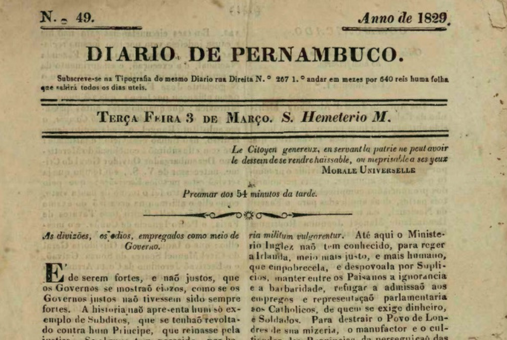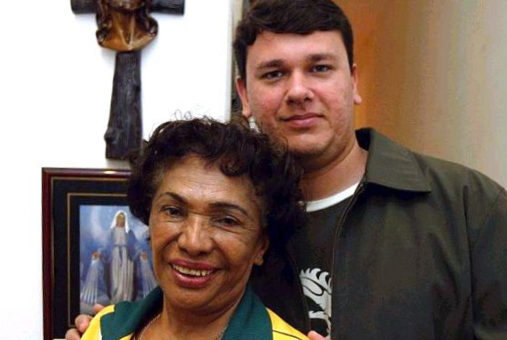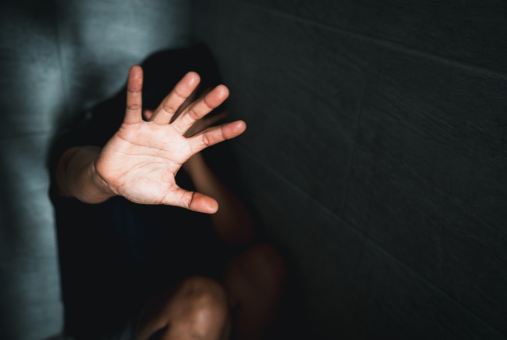
Clarice Herzog, 83, fought for decades to prove her husband was murdered under Brazil’s dictatorship. But his killers remain unpunished.

“Crime without punishment: how the military killed Rubens Paiva" is the result of years of research and journalistic investigation, reconstructing the events that led to Paiva's death. Dal Piva defends the importance of memory and journalistic investigation for understanding this dark period in Brazilian history.

After analyzing hours of body cam footage, journalists from GloboNews reported alleged abuses and misconduct by military police. They also discovered that in most legal cases, footage requested by the courts was not handed over.

The report Journalism and Artificial Intelligence – Impact on Brazilian publishers shows that AI is boosting productivity in Brazilian newsrooms but failing to drive innovation. Meanwhile, media outlets face growing risks as Big Techs exploit their content to attract traffic and train their AI.

A special report by Brazilian newspaper Estadão reveals the infiltration of organized crime in the cities of São Paulo and Rio de Janeiro states, exposing the role of criminal factions and militias in politics and in the 2024 municipal elections.

A recent podcast episode sparked controversy in Brazil by telling a personal story without including the other side. The case raises a key question: to what extent do the ethical dilemmas of new formats differ from those of traditional media?

Combining investigative journalism and academic research, Agência Pública's unprecedented project mapped the genealogies of 116 Brazilian politicians to show links between power and the country's slave-owning past.

Diario de Pernambuco reported on monarchy, pandemics and wars. It’s struggling to pay its debts to continue telling the stories of Brazil.

A detailed investigation reveals the complex interplay of collaboration, coercion, and cultural influence that shaped the network’s trajectory and Brazil’s modern history.

The book Dona Vitória Joana da Paz tells the story of the woman who fought against organized crime in one of Rio de Janeiro’s most famous neighborhoods, Copacabana.

Judicial news portal Migalhas has acquired Congresso em Foco, a respected voice in Brazilian political coverage. The landmark deal is likely a pivotal moment for niche journalism and points toward a trend of consolidation in digital media.

Brazilian investigative association Abraji reports a continued decrease in gender-based violence against journalists. However, press advocates say the nature of attacks is still serious.